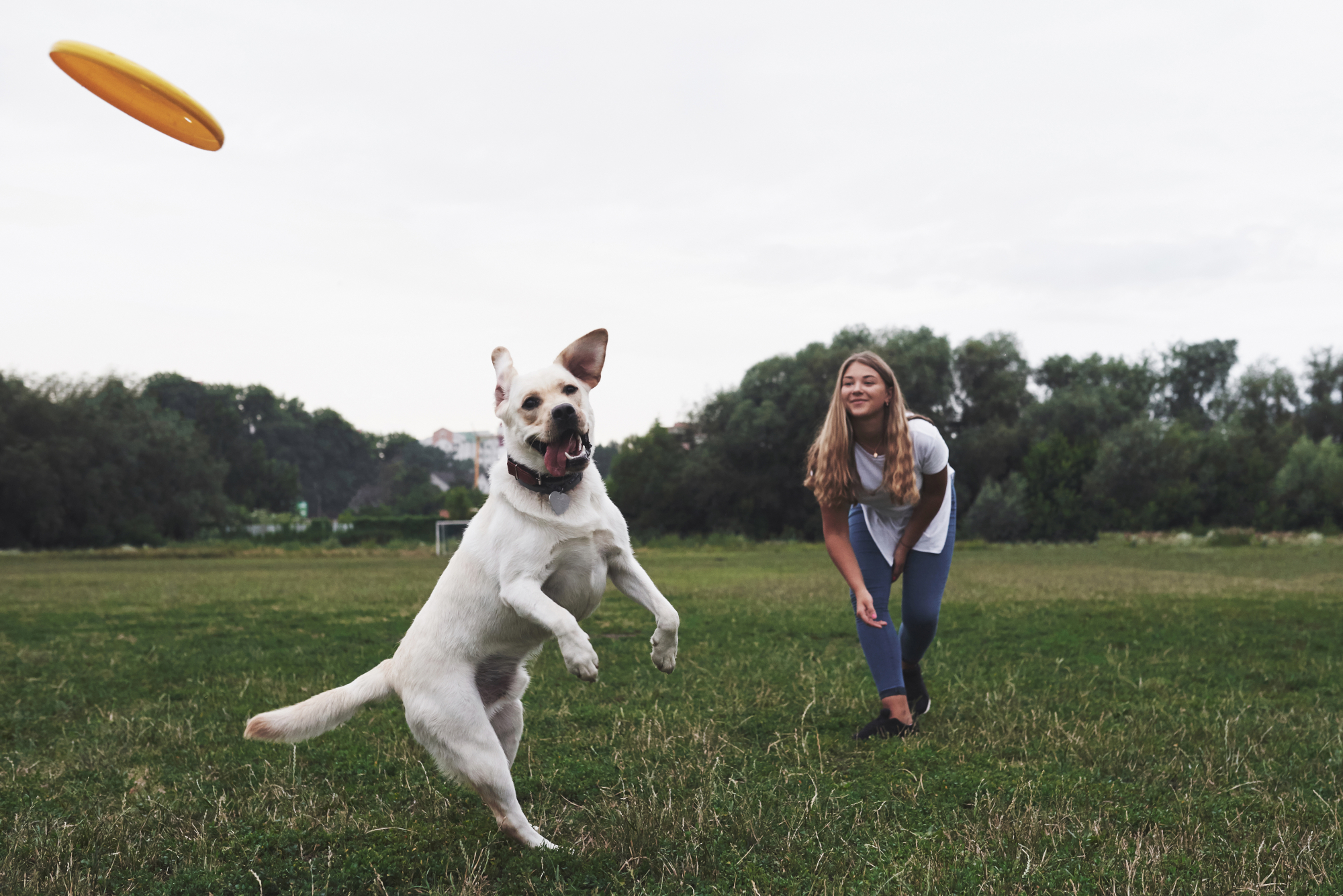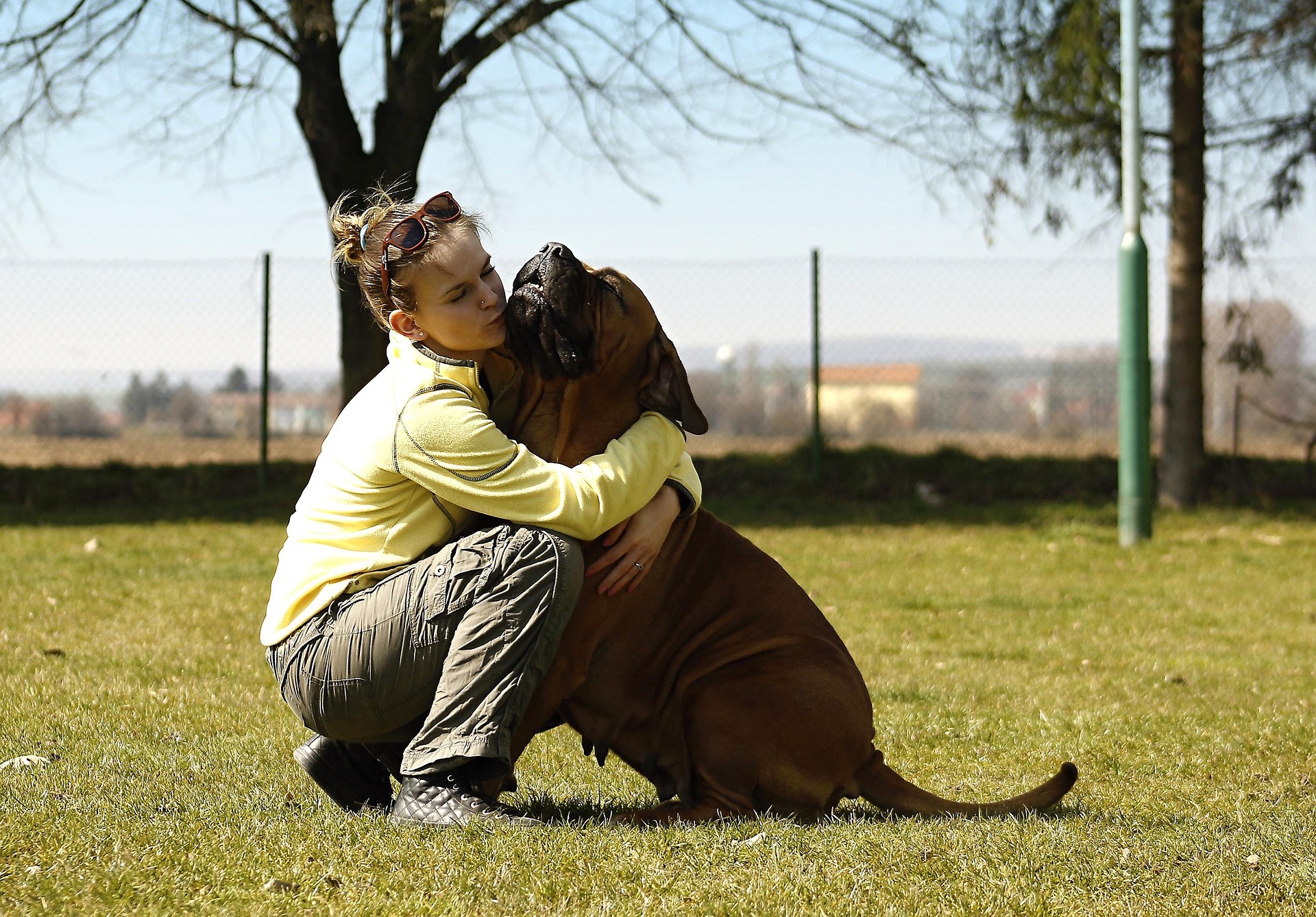Looking after a senior dog comes with its fair share of challenges. From specialized diets, to lifestyle changes for dogs and humans alike, to dealing with various illnesses, caring for a senior dog isn’t always easy. However, we have a responsibility to our furry friends: looking after them and sticking by their side, through thick and thin. In this third part of our series on caring for senior dogs, we look at one important way to take proper care of your senior dog: staying up to date with routine testing with your veterinarian, namely, blood testing and x-rays.
What is Blood Testing?
A blood test for a senior dog allows your veterinarian to look for problems with your dog’s blood cells and enzyme levels of major organs to evaluate their function and health. Normally, blood testing for senior dogs consists of complete blood count, otherwise known as a CBC, which provides levels of various blood cells, and a blood serum test, which analyzes the presence and levels of certain chemicals in your dog’s blood.
Reasons to Get Your Senior Dog’s Blood Tested
- Dogs are good at masking illnesses. A blood test can help you identify health problems before they become more serious.
- The process of a CBC can provide a count of the different kinds of blood cells (white cells, red cells, and platelets) in your dog’s body. Since white blood cells and platelets help your dog to heal from illness and injury, it’s important to know whether there’s enough of them to protect your dog or if there are any changes.
- Blood tests for senior dogs can also ensure a healthy level of nutrients of all kinds in their bodies. These include:
- Proteins
- Glucose/sugars
- Electrolytes
- Cholesterol
- Hormone levels
- Digestive enzymes
In general, blood tests are a great tool to tell your veterinarian if your dog is in need of special attention. A change in the level of a certain protein indicates that something may be wrong with a certain organ or process, which is valuable information for their health.
Benefits of X-rays
Radiographs (x-rays) are a valuable tool for your veterinarian to keep up to date on the health of your dog. Although radiographs are a good tool for detecting when something’s wrong, that’s not the only time an x-ray is useful for a senior dog. Having a regular radiograph, even when nothing is wrong, provides valuable information for your veterinarian. These images can be used as reference for later imaging.
Reasons for Senior Dogs to Receive X-rays
- A radiograph can (sometimes) help your veterinarian detect any obstructions in your dog’s digestive system, whether for foreign objects or some other type of blockage.
- Radiographs can detect bladder stones even before they become serious problems.
- X-rays can detect tumours.
- Radiography can help detect heart or lung disease in your senior dog.
- Like in humans, x-rays can detect fractures, dislocation, bone deformation, dysplasia, and other orthopedic issues in your senior dog. This can provide your veterinarian with insight on any bone or joint degeneration that comes along with a dog’s age.
X-rays and blood testing are two very important parts of looking after your dog. There are a multitude of problems and conditions that can be detected early on by these two methods of testing. It’s always best to catch health issues as early as possible, and this is particularly true for senior dogs.
Ultimately, you should be striving to do everything you can to make your dog’s later years as safe and comfortable as possible. Of course, this includes routine tests such as blood testing and radiography, but it also extends to monitoring their diet and exercise, making accommodations around the house, and simply spending time with them like you normally do. The more care you take in helping your dog, the more comfortable their senior years will be.
If you still have questions about routine testing and imaging for your senior dog, whether it’s blood testing, x-rays, or anything else, we’re happy to help with any answers you’re seeking.
Did you miss parts 1 and 2? Click below to read them.
Creative Commons Attribution: Permission is granted to repost this article in its entirety with credit to Hastings Veterinary Hospital and a clickable link back to this page.






